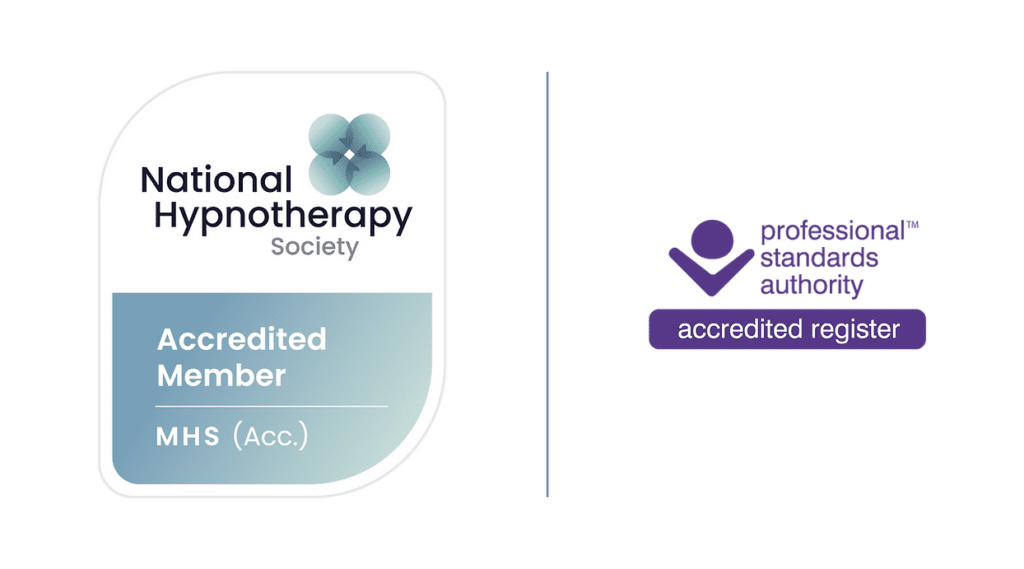A word which in recent years has become an umbrella term for a range of behavioural and mental disabilities is ‘neurodiversity’, with offshoots such as ‘neurodivergence’ and ‘neurodivergent’ people/individuals. Implicit in the word is the notion that neurodivergent individuals have brain functions that diverge from those of ‘neurotypical’ individuals. The term ‘neurodiversity’ was coined in the 1990s in the context of autism, but it is now accepted as being a catch-all for a host of issues.
A neurodivergent person has a brain that functions somewhat differently than most brains. Such individuals might have a developmental disorder (such as autism or ADHD), a psychiatric disorder (e.g., severe anxiety, bipolar disorder, OCD), or some other acquired mental disability (such as PTSD) that affects how they live and interact with society.
Due to their condition, neurodivergent people tend to face barriers, complications and/or various other issues in almost every aspect of life, whether at school or in the workplace, as well as in their personal relationships and general interaction with others. However, it is extremely important to view neurodiversity as a reflection of inherent variations in human beings and their behaviour/capabilities, just as differences in height, build, IQ and eye colour are natural variations. Human beings are not identical and standardised creations, and this is also true when it comes to their brains. And even though there are reasons to believe that the proportion of people who are neurodivergent nowadays is higher than it was in the past (most likely due to a host of extraneous factors), it is also the case that there has been neurodiversity in all human societies since the beginning of time, to one extent or another.
Therefore, it is vital to understand that neurodiversity is an inevitable and natural aspect of humanity, and that neurodivergent people are to be embraced by society. One way of doing so is to help neurodiverse people channel their skills and intelligence in a direction that allows them to reach their full potential.
Hypnotherapy has been shown to help with many aspects of neurodiversity, in particular anxiety, depression, and OCD. Harnessing a neurodivergent individual’s special interests and guiding them to understand the world differently rather than trying to teach them to change themselves in order to ‘fit in’ is a good way of enabling them to live independent and happy lives.
In addition, there are also plenty of protocols and approaches these days that help neurodivergent individuals assimilate into society and lead lives that are as rewarding and fulfilling as possible. These include counselling, psychiatric interventions, therapies such as CBT, DBT and ERP, and even pharmaceutical treatments.
As Judy Singer (the woman who coined the term Neurodiversity) pointed out, every human brain on the planet is as unique as each fingerprint. It follows that there is a virtually infinite diversity of humans on the planet, with infinitely diverse minds complexified further by experience in equally diverse bodies.










